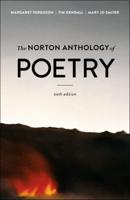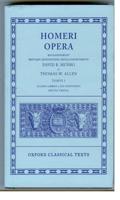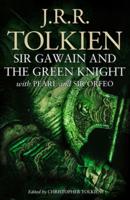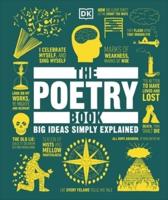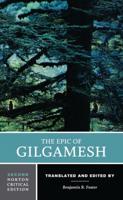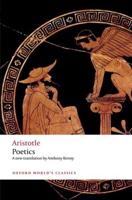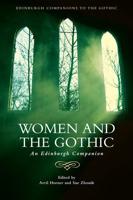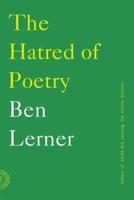Publisher's Synopsis
An exploration of the legacy of The Waste Land on the centenary of its original publication, looking at the impact it had had upon criticism and new poetries across one hundred years. T. S. Eliot first published his long poem The Waste Land in 1922. The revolutionary nature of the work was immediately recognised, and it has subsequently been acknowledged as one of the most influential poems of the twentieth century, and as crucial for the understanding of modernism. The essays in this collection variously reflect on The Waste Land one hundred years after its original publication. At this centenary moment, the contributors both celebrate the richness of the work, its sounds and rare use of language, and also consider the poem's legacy in Britain, Ireland, and India. The work here, by an international team of writers from the UK, North America, and India, deploys a range of approaches. Some contributors seek to re-read the poem itself in fresh and original ways; others resist the established drift of previous scholarship on the poem, and present new understandings of the process of its development through its drafts, or as an orchestration on the page. Several contributors question received wisdom about the poem's immediate legacy in the decade after publication, and about the impact that it has had upon criticism and new poetries across the first century of its existence. An Introduction to the volume contextualises the poem itself, and the background to the essays. All pieces set out to review the nature of our understanding of the poem, and to bring fresh eyes to its brilliance, one hundred years on. Contributors: Rebecca Beasley, Rosinka Chaudhuri, William Davies, Hugh Haughton, Marjorie Perloff, Andrew Michael Roberts, Peter Robinson, Michael Wood.


